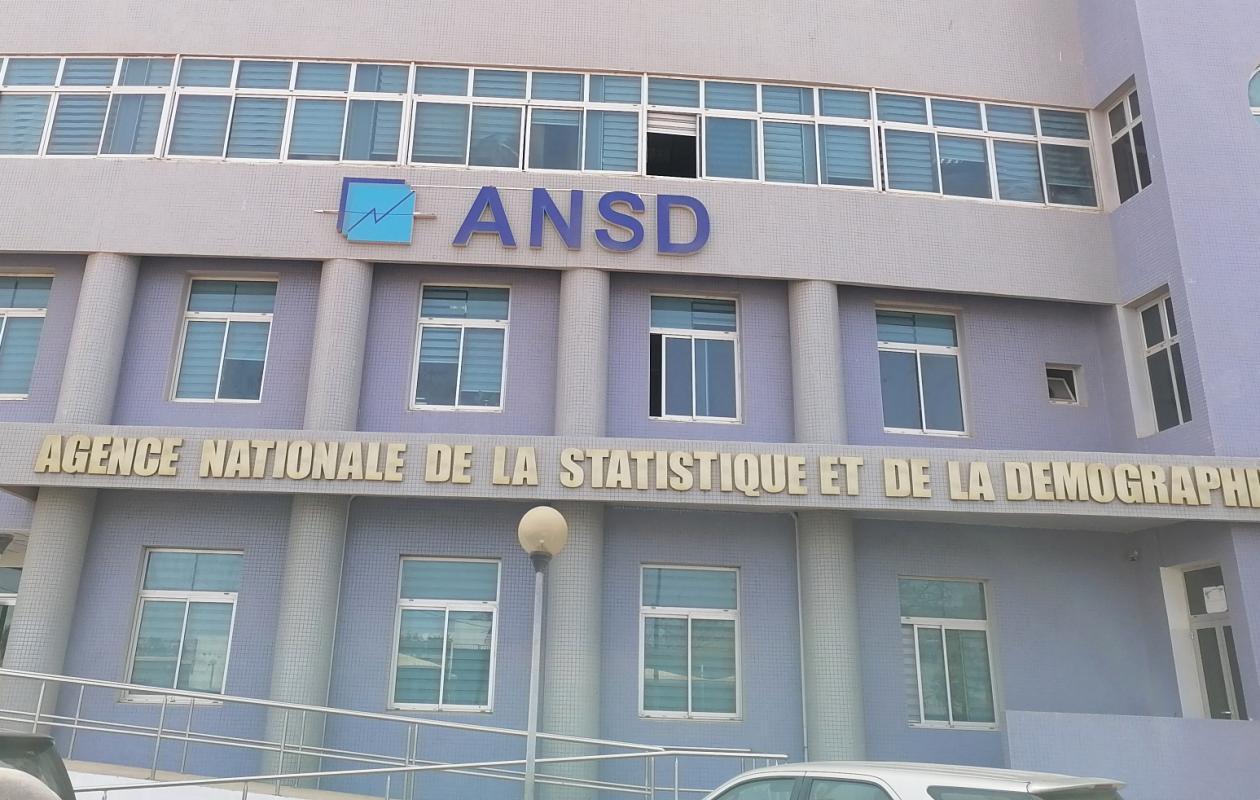
L’embellie statistique du rebasing face aux réalités budgétaires
The recent rebasing of the gross domestic product (GDP) published by the ANSD (National Agency for Statistics and Demography) replaced the 2014 reference year with 2021, resulting in a mechanical reassessment of the Senegalese economy. The 2021 GDP is now estimated at 17,316 billion CFA francs, representing a 13.5% increase, reflecting a greater consideration of emerging sectors such as the digital economy, digital financial services, the oil and gas industry, and cashew nut production. Similar to Senegal, Côte d'Ivoire has also undergone this type of adjustment, having recorded an increase of approximately 20% in its 2023 rebasing, while Ghana saw its GDP grow by more than 10% in its previous revision.
This statistical revision automatically alters several macroeconomic indicators. Public debt, previously estimated at around 74% of GDP, mechanically falls to around 65% according to ANSD figures, while the tax burden eases slightly. However, these adjustments remain purely accounting-based and do not reflect a real improvement in fiscal fundamentals. Debt interest costs, short-term financing needs, and the budget deficit remain unchanged. As Leeuwner Esterhuysen, senior economist at Oxford Economics, points out, the operation improves the situation superficially without changing the structural constraints.
The added value of rebasing lies in its ability to provide a more accurate understanding of the true size of productive sectors. A more comprehensive integration of the informal economy and new economic activities can serve as a basis for refining industrial policies, guiding revenue mobilization strategies, and calibrating social programs. Without concrete action in public policy, however, rebasing will remain merely a statistical enhancement.
While the mechanical effect on the debt ratio appears significant, it remains insufficient to address structural challenges. The debt ratio, although reduced by the rebasing, remains above the convergence thresholds of the West African Economic and Monetary Union (70% of GDP). By comparison, Guinea also rebased its values and has a higher GDP at the same time, highlighting the need for Senegal to transform this statistical revision into a genuine lever for economic policy.
Senegal's fiscal situation remains fragile. Its long-term sovereign credit rating was downgraded by S&P to "CCC+" in November 2025, penalizing the lack of an agreement with the IMF and the vulnerability of its debt, despite the mechanical effect of rebasing. The budget deficit, projected to decrease from 13.4% of GDP in 2024 to 7.8% in 2025, requires sustained commitment to remain sustainable and prevent economic growth from being jeopardized by excessive tax pressure or the accumulation of new debt.
The improved statistics highlight a dual reality. They offer a more complete and modern picture of the Senegalese economy and allow for a better assessment of the contribution of emerging sectors. However, they provide no real relief from budgetary pressures, the debt burden, or the challenges of financial sustainability. The real opportunity lies in using these revised data to strengthen revenue mobilization, improve economic governance, and direct investments toward high value-added sectors, transforming a simple statistical adjustment into a concrete lever for growth and economic resilience.
Commentaires (3)
Mais ce qui est cocasse est le fait que l'agence a calculé 74% de dettes publiques de l'État en 2024. Puis après le rebasing en 2025 on passe à 65%
Il est passé où la dette cachée 😂
Et presque personne n'en parle !!
Participer à la Discussion
Règles de la communauté :
💡 Astuce : Utilisez des emojis depuis votre téléphone ou le module emoji ci-dessous. Cliquez sur GIF pour ajouter un GIF animé. Collez un lien X/Twitter ou TikTok pour l'afficher automatiquement.